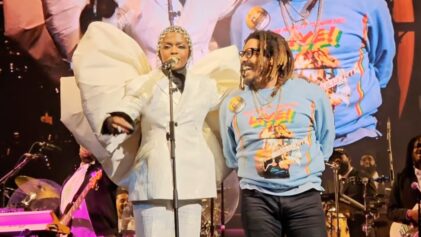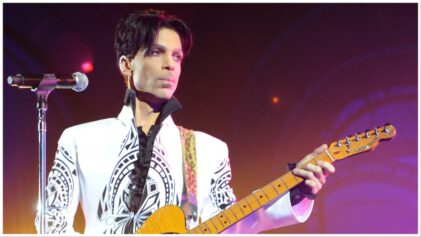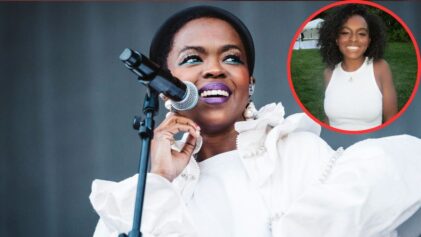“Albums still matter. Like books and Black lives, albums still matter.”
Those were all the words that music icon Prince had to use during the Grammys last Sunday to spark wild applause within the Staples Center in Los Angeles, set social media ablaze and remind the more than 28 million people watching that the devaluation of art and Black lives are two unfortunate, tragic and mutually related occurrences.
Although it’s not a connection everybody makes, art and politics have always impacted one another.
Nothing seems to exemplify this better than the recent resurgence of politically packed, racially charged music being produced by Black artists in the midst of the Black Lives Matter movement.
What used to be controversial topics that were only being discussed by indie artists or lightly touched on in a mainstream tune that was careful not to offend the predominantly white institutions controlling the dissemination of music, has now been boldly addressed throughout J.Cole’s 2014 Forest Hills Drive, all throughout Lauryn Hill’s body of work, D’Angelo’s Black Messiah and in Kendrick Lamar’s latest hit single “The Blacker the Berry.”
As Women’s and Gender Studies and Africana Studies Rutgers Professor Brittney Cooper explained in a recent Salon post, “protest music has returned” and it has even made its way onto the Grammy stage.
The politics that are driving the Black Lives Matter movement are also fueling a shift in music and recapturing that influential medium for the sake of making powerful statements in a way that will leave listeners pondering in the best way.
This is, after all, how hip-hop began — by turning music into a stage to discuss the oppression of the Black community.
So if music has taken on such an important role in the midst of the Black Lives Matter movement, why is Prince reminding people that albums still matter?
Are people not praising these artists for their powerful words and posting think piece after think piece about their bold decision to take music to the next level? Yes, but artists are getting nothing more than a pat on the back for bringing racism to the forefront of their musical discussions.
Artists, especially Black artists, are not being compensated for their work. Their songs are being downloaded for free, their CDs are gathering dust on the shelves and album sales for hip-hop and rap are plummeting.
This trend, some would argue, is the direct result of the same thing that brought the publishing industry to its knees. Consumers today can’t focus long enough to read a book or long enough to listen to an entire album or long enough to remember that Black Lives Matter when protests aren’t making the headlines.
This is why Prince’s reminder that books, albums and Black lives all matter is so important.
“Prince’s remarks remind us that it is art, our ability to sit with art and all the possibilities it helps us to imagine, that is so important to our ability to value all lives, and Black lives in particular,” Cooper writes. “But under conditions of neoliberalism, which favor the unregulated, unchecked reach of huge multinational corporations into every area of our lives, art and music and the people who produce them all become merely marketable commodities. Thus, Black artists are asked to perform on stage, even though our musical output is economically undercompensated, and our artistic aesthetic is appropriated by the likes of Iggy Azalea and Macklemore, and the hot blue-eyed soul artist of the moment.”
The same way Black lives must be protected, their art must be protected as well because it is perhaps through that channel that today’s most important and powerful messages can be most efficiently spread.
“Long after the regular protests wane, young people will be sitting in basements and locked upstairs in bedrooms, headphones on blast, pondering these questions, reckoning with their implications,” Cooper adds. “… There is a generative energy and spirit in the air. The seeds of movement have been planted in freshly tilled soil that is made each time we dig an unearned, undeserved grave. As we listen to and watch our artists conduct our second act, those seeds are being fertilized. Someday they will sprout and begin to bloom.”
And it will be with hopeful hearts that we may someday watch those seeds bloom and be able to confidently say that both the artistic and political landscapes have blossomed into environments that actually nurture the simple truth that Black lives still matter. Like books and albums, Black lives still matter.


